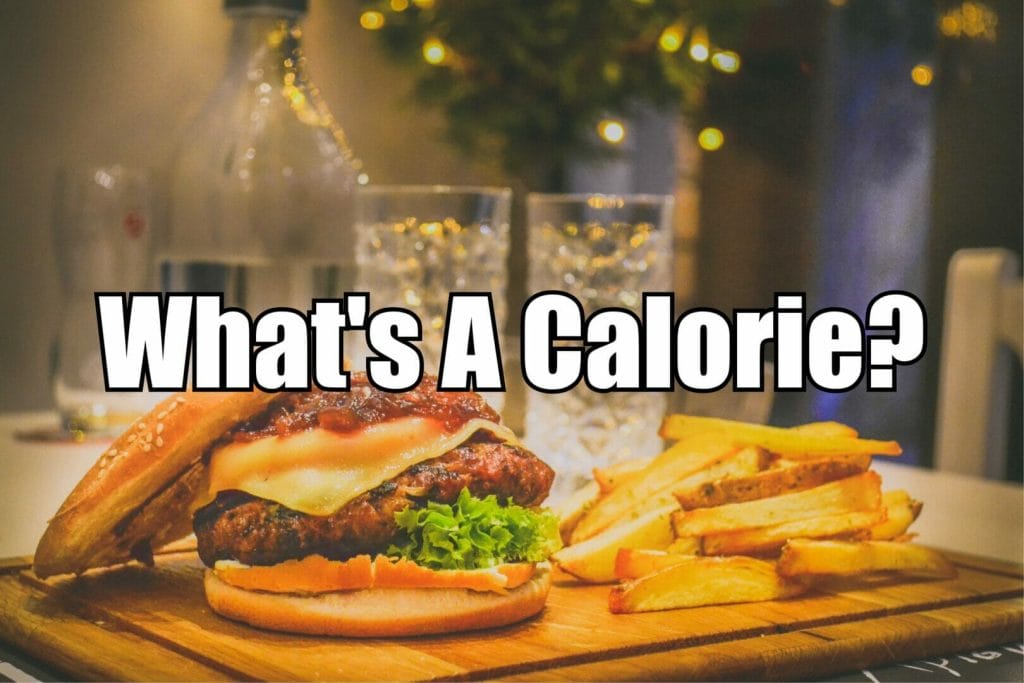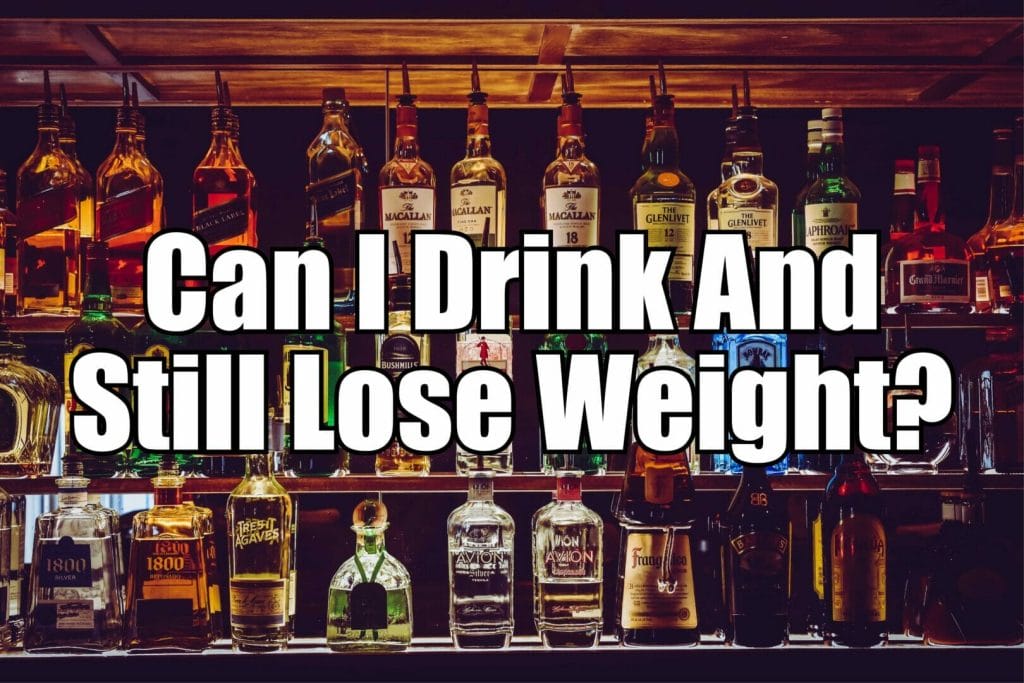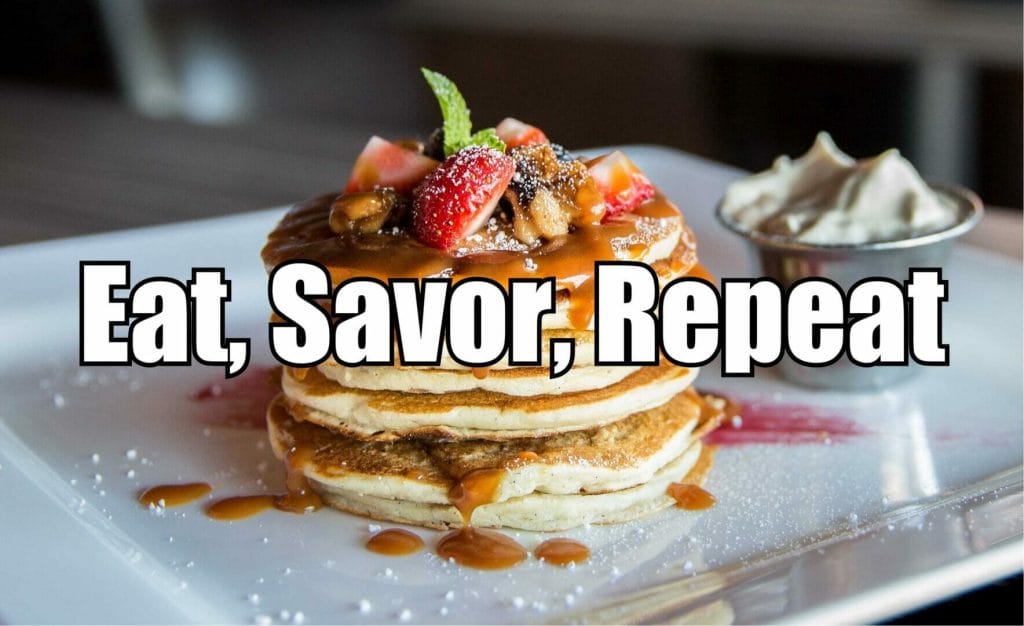We’ve all heard of the term ‘calories’, especially in the realm of diet and exercise. But what are they, and why are they so crucial to our fitness and health goals? Let’s unravel the mystery of calories and learn how to effectively manage our caloric intake.
What is a Calorie?
Calories are a unit of energy. In the context of nutrition, they refer to the amount of energy provided by a particular food or drink. Every physical function, from powering your heart to fueling your workouts, requires calories.
Food and drinks contain different calories based off of what’s inside.
- Carbohydrates contain 4 calories per gram
- Proteins contain 4 calories per gram
- Fats contain 9 calories per gram
- Ethanol (alcohol) contains 7 calories per gram
But before you go and try to cut out all your fat intake, please understand that the way your bodies absorbs each nutrient is different and we need a good balance of all nutrients for a healthy body (minus the ethanol, sorry!).
How To Manage Caloric Intake
Managing your caloric intake doesn’t have to be a game of numbers. It’s more about the quality of calories and understanding your body’s unique needs.
- Monitor Intake: Start by becoming more aware of the calories you consume. This doesn’t mean you need to count every single calorie, but having a general understanding can be beneficial.
- Focus on Whole Foods: All calories are not created equal. 200 calories from a donut won’t provide the same nutritional benefits as 200 calories from a hearty bowl of fruits, veggies, or lean protein. Prioritize foods rich in nutrients over empty-calorie options.
- Listen to Your Body: Learning to tune into your hunger and fullness cues can help you manage your caloric intake. This encourages mindful eating and helps prevent overeating.
If you want to find out more about how many calories your body needs, check out our Macronutrient Calculator here.
Caloric Intake and Your Goals
Your caloric needs vary depending on your fitness and health goals.
- Weight Loss: To lose weight, you need to create a caloric deficit, meaning you burn more calories than you consume. However, it’s crucial to ensure that the calories you consume are packed with the nutrients your body needs.
- Focus on whole food instead of processed foods to lower your calories without feeling hungry.
- Cut out as much added sugar as you can.
- Eat more protein, since it helps keep you full but also has a lower caloric footprint. Your body burns calories while digesting protein.
- Muscle Gain: Building muscle typically requires a caloric surplus, specifically from protein, to help repair and build muscle tissue. However, balance is key. You’ll also need enough carbohydrates for energy and healthy fats for optimal body function.
- Aim for around 0.8-1g of protein per target pound of body weight.
- Split your meals up and eat more frequently if you have trouble eat large portions in one sitting.
Navigating the world of calories can seem daunting, but it doesn’t have to be. With an understanding of what calories are, how to manage your intake, and how your needs may change based on your goals, you’re now well equipped to conquer your health and fitness journey. Remember, the goal is not perfection but progress. So here’s to making better choices, one calorie at a time!



